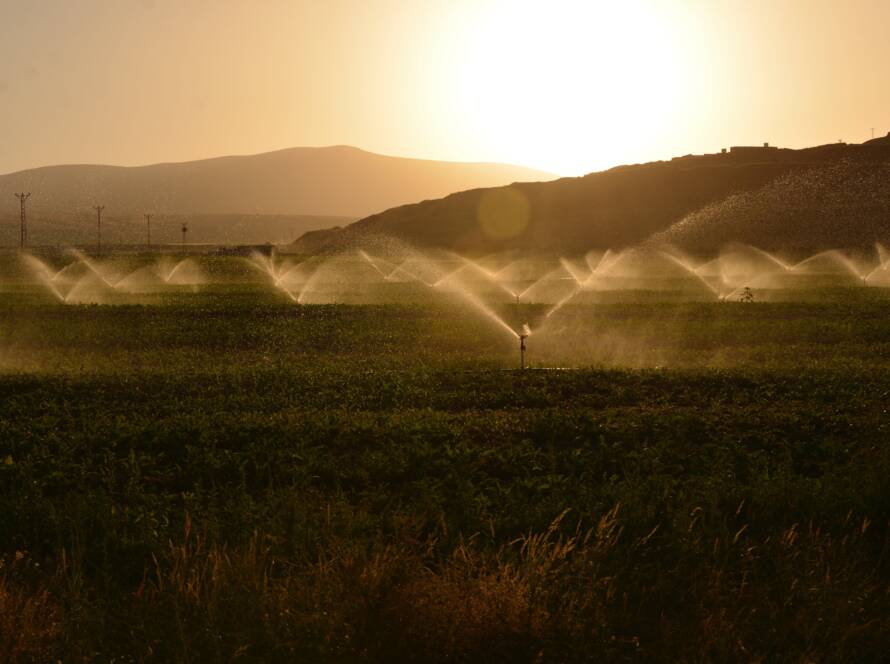Kenya faces a crucial challenge as it lacks disease-free livestock zones, a critical component for countries aiming to export livestock and related products. These zones play a pivotal role in quarantining animals, preventing the spread of communicable diseases, and certifying them as disease-free. The initiative to establish disease-free livestock zones in Kenya dates back to 2005, driven by the urgent need to regain access to high-value markets lost due to inadequate disease control measures. The absence of such zones has led to increased outbreaks of trade-sensitive diseases, making the country endemic to these issues. This, in turn, acts as a barrier to international trade, resulting in potential revenue and foreign exchange losses. The primary objective of the project is to contribute to poverty reduction at both national and household levels. The project aims to facilitate livestock and livestock product access to local, regional, and international markets, improve sustainable rural livelihoods and food security, and enhance the institutional framework in the livestock sub-sector.
Asset description
In addressing the absence of disease-free livestock zones, Kenya recognizes the significance of these zones in facilitating international trade. These zones not only act as a preventive measure against communicable diseases but also serve as certification grounds for disease-free animals. Initiated in 2005, this project becomes imperative to regain lost access to high-value markets, attributed to the country’s failure to implement effective disease control measures. The prevailing scenario has resulted in an upsurge of trade-sensitive disease outbreaks, categorizing the country as endemic to these diseases and creating a trade barrier that hampers potential revenue and foreign exchange. Beyond mitigating these challenges, the project aligns with Kenya’s obligations under the World Trade Organization-Sanitary and Phyto-sanitary (WTO-SPS) Agreement. By complying with stringent sanitary measures imposed by importing countries, such as those in the Middle East and Europe, the initiative aims to open up new and lucrative markets for Kenyan livestock products, facilitating both market access and food safety.




